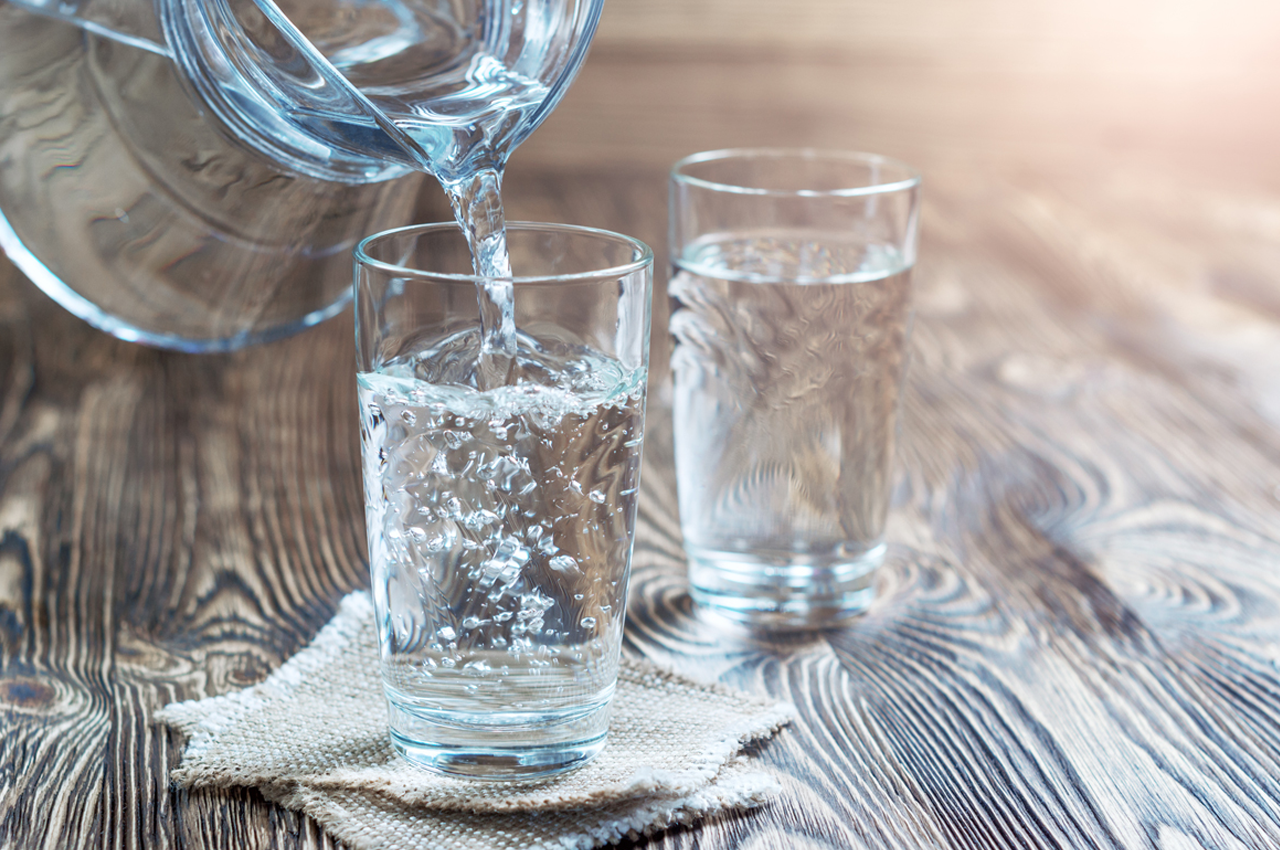Water is essential for survival, without it, life as we know it, simply wouldn’t exist. But as much as we need water to live, water also has the potential to harm. Whether it’s the floods in KwaZulu Natal, or the serious drought in the Eastern Cape, worries about water abound.
South Africa is one of the few countries in the world where tap water is still regarded as relatively safe to drink. However, the maintenance of water treatment facilities is expensive and not always effectively carried out. As such, there is growing concern of an increased risk for bacteria and chemicals making their way into household taps.
Unfortunately, bottled water isn’t always an option, or in fact the answer. But there are other ways to ensure you and your water stay healthy.
While water treatment plants have different ‘cleaning’ processes, most facilities are focused on the microbial quality of the water, ensuring things like E. coli bacteria are removed. But there is more to drinking water than just bacteria. Certain chemicals can also find their way into the water system via channels such as direct chemical spills, sewage and wastewater effluent, landfill sites, and agricultural and storm water runoff. While some chemicals are harmless, others are not. Harmful chemicals found in drinking water are known as endocrine disrupting chemicals or EDCs. Ongoing exposure to these chemicals can start to have a negative impact on overall health.
Here are a few ways to ensure that you get the health benefits from drinking water, without any of the risks:
- Most tap water in urban centers is safe to drink. However, if in doubt, use an activated carbon filter to filter your water. These are effective in eliminating both chemical compounds and bacteria.
- Boiling water for at least one minute is a cost-effective way of eliminating harmful bacteria.
- Bottled water is an alternative but carries a large carbon footprint – both in its bottling process and the plastic waste it produces. If you do choose to drink bottled water, ensure the bottle has the South African National Bottled Water Association (SANBWA) logo as this will ensure its quality.
- Regularly check the quality of your tap water and take action, when necessary, by visiting https://ws.dws.gov.za/IRIS/mywater.aspx
References
- Siong, Y. & Atabaki, Mehdi & Idris, Jamaliah. (2013). Performance of activated carbon in water filters. Water Resources.
- University of Pretoria. School of health systems and public health. Bottle or tap: Which is safer?



